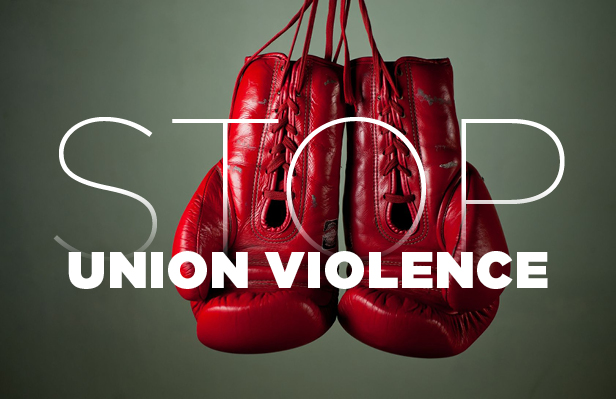Media

Power Cycle Preventing Progress
In a recent Philadelphia Inquirer editorial, the paper expressed its frustration with the lack of progress on critical issues facing the commonwealth. While CF doesn’t agree that all of the polices the editorial claims are being thwarted are good ideas, this key sentiment resonates:
These and other Pennsylvania policy puzzles begin to make more sense in the shadow of the outsize clout of John Dougherty’s International Brotherhood of Electrical Workers Local 98. The Inquirer’s Bob Warner reported this week that the union run by “Johnny Doc” has spent more than $25 million on politics since 2000, more than any entity in the state other than a political party or governor.
The result isn’t always good for the majority of Pennsylvanians, Philadelphians, or even organized blue-collar workers.
One of the “policy puzzles” the editorial refers to is a bill that would close the loophole exempting unions from punishment for stalking and harassment during the course of a labor dispute.
Unfortunately, this loophole denied justice to Sarina Rose, who was harassed and stalked repeatedly by a union leader. Fed up with the union leader’s treatment, Ms. Rose pressed charges, but a judge, citing the exemption in law, found the union leader not guilty.
Despite the injustice, the loophole in the law remains. And while the editorial focuses on the influence of IBEW Local 98, it’s important to note another loophole preventing progress: The Government Union Power Cycle.
Here’s how it works: Taxpayer resources are used to collect political dollars (dues and PAC contributions) out of the paychecks of workers. These funds are sent to government unions, a large portion is then given to candidates supportive of the union agenda and used to lobby against taxpayers’ interests.
This unfair political privilege may be one of the reasons why the stalking and harassment loophole remains. The Inquirer is right that the political agenda of union executives “isn’t always good for the majority of Pennsylvanians.” In fact, they often work against the best interest of Pennsylvania workers.
Passing paycheck protection would help address this disconnect, making union leaders more accountable to workers by collecting their political money directly from members.